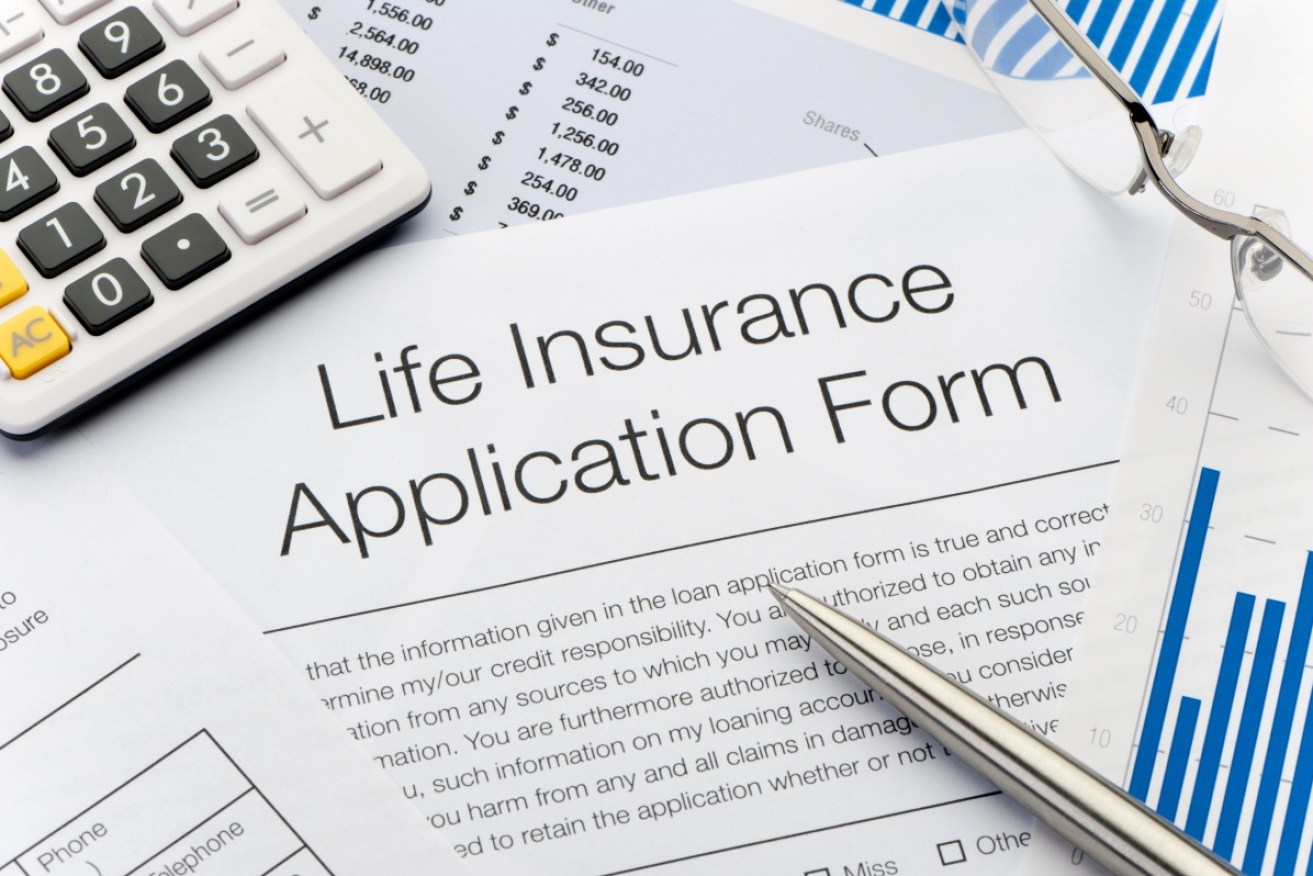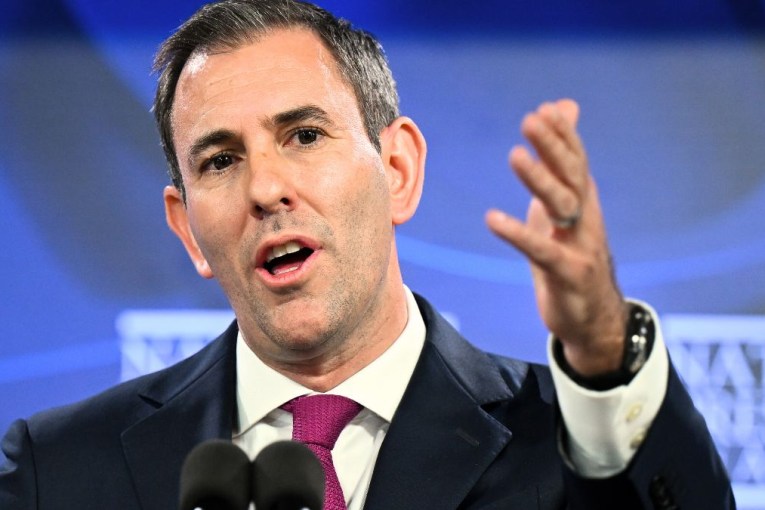What you need to know to avoid the life insurance rip-offs


ASIC has found life insurers are pressuring consumers into buying the wrong policies. Photo: Getty
Insurance salesmen have never had the best reputation, and this week they got an absolute drubbing from the corporate watchdog ASIC.
In ASIC’s firing line were the dodgy sales tactics of life insurance companies, tactics that put your, the consumer’s, interests behind those of the company.
ASIC found life insurance salespeople were cold-calling consumers and pressuring them to buy expensive, complicated life insurance policies they either could not afford or did not need.
By monitoring hundreds of sales phone calls, ASIC put together a list of wrongdoing that was long and damning.
It included ‘pressure-selling’, failing to explain the products clearly, bundling extra cover in, and downgrading cover when the customer failed to qualify for full cover.
All sorts of things were behind this bad behaviour – above all incentives that put the interests of the life insurance company ahead of the customer.
As a result of all this, huge numbers of customers were cancelling their policies soon after buying because they discovered it was not appropriate – meaning the money paid in premiums was a waste.
It also found those people who had been pressured into buying insurance were more likely to have claims refused – again evidence that they were sold the wrong product.
If you want to know more about exactly what these salespeople are doing, this graphic from ASIC puts it in easy-to-understand terms.
But for the purposes of this article, it’s enough to say that if a salesperson from a life insurance company calls you up and tries to sell you life insurance, you might be advised to hang up.
This, however, is not to say that life insurance itself is bad. In fact it can be a veritable lifeline.
But these are often expensive and extremely complicated products, so understanding how they work is vital if you don’t want to get screwed over.
Who needs life insurance?
Phil Anderson, general manager of policy and professionalism at the Association of Financial Advisers, told The New Daily life insurance was “for pretty much everyone”, but was particularly useful to certain groups.
“For a couple with children and the main earner dies, you’d want insurance to cover any debt they have, and sufficient money to provide an income, particularly if the children are young,” he said.
This type of cover would generally be ‘death cover’ – that is, a lump sum on death – but Mr Anderson said there are a number of other types of life insurance.
- Death insurance – a lump sum your nominee gets paid if you, the policyholder, die.
- Total and permanent disability, or TPD, insurance – a lump sum you get paid if you are totally and permanently disabled and unable to work.
- Trauma insurance – a policy that covers the costs associated with a trauma such as an illness or accident, the effects of which are not permanent.
- Income protection – a policy that pays you an income if you’re unable to work.
- Funeral insurance – a policy that pays for your funeral.
- Credit insurance – a policy that pays off your debts if a life event means you are unable to pay them.
Mr Anderson said most people who are a member of a superannuation probably have default death and TPD cover – an important point to remember if you find yourself on the phone to an insurance salesman.
Trauma and income protection, however, are not generally included in superannuation. In addition, cover through super is not at all tailored to your individual needs, meaning there is no guarantee it is sufficient.
Before purchasing life insurance, therefore, it’s essential to find out exactly what you’re already covered for, which means getting on the phone to your super fund.
While Mr Anderson said death insurance may be most valuable to people with dependents, debts and minimal assets, he said TPD, trauma and income protection insurance was theoretically useful to everyone of working age.
“For many people their ability to earn an income is their most valuable asset. If you have a TPD event, you’ve lost your biggest asset.”
But he cautioned consumers buying a policy to be aware of the ‘waiting period’ – that is, the amount of time you have to wait before a pay out. Often lower premiums mean longer wait times.
Another key factor is ‘benefit periods’ – that is, how long benefits such as income protection are paid out. Lower premiums generally mean shorter benefit periods.
Mr Anderson said policies sold through super or directly to consumers, rather than through professional financial advisers, are often simpler products. This can often mean that the “underwriting” of them – that is, the thorough health checks and other personal checks – only happen when you claim.
That means if you have lied about your health or lifestyle, or failed to read the fine print when signing up, you might find you have been paying for a policy for which you are actually ineligible – because, for example, you’re a smoker or have a heart condition.
In other words, the whole process is extremely complicated. Mr Anderson said the solution to this is to get professional advice.
“We think life insurance is a complicated product and we believe that advice is absolutely critical, both when you take it out, and ongoing as your circumstances change,” he said.
However, this comes at a cost, both financial, and a potential conflict of interest.
Thanks to the perception that Australians are underinsured, life insurers are still permitted to pay commissions to financial advisers that recommend their products.
This means financial advice for insurance is cheaper than financial advice on other financial products, where commissions are banned, because it is subsidised by the insurance companies themselves.
However, it also means there is a latent, if not always necessarily realised, conflict of interest. Whether this is a price worth paying for receiving some professional advice on something as clearly complex as life insurance is a call you, the consumer, need to make with your eyes open.
In the meantime, ASIC’s Moneysmart website is a good, entirely independent first port of call.








